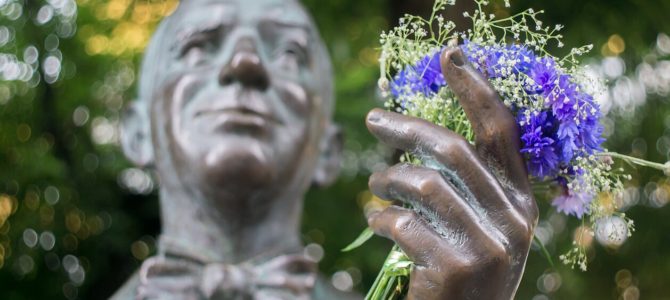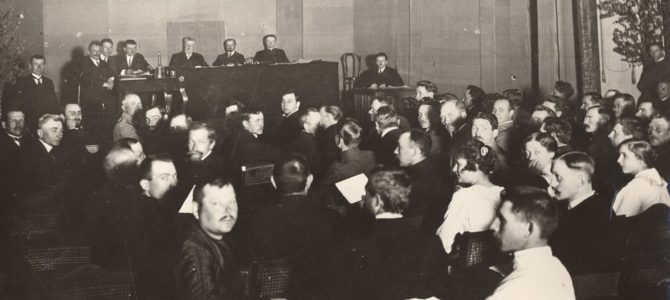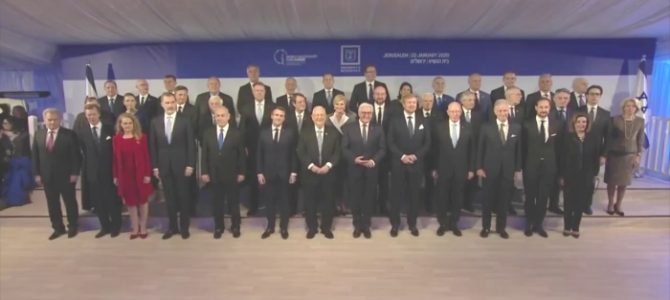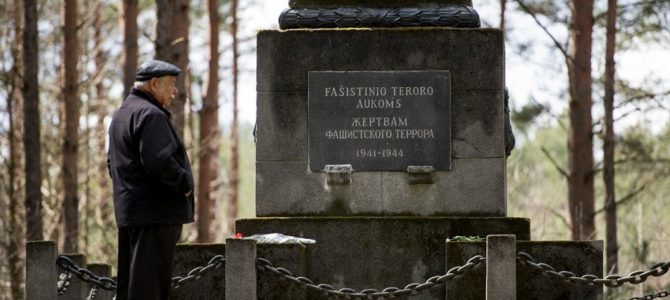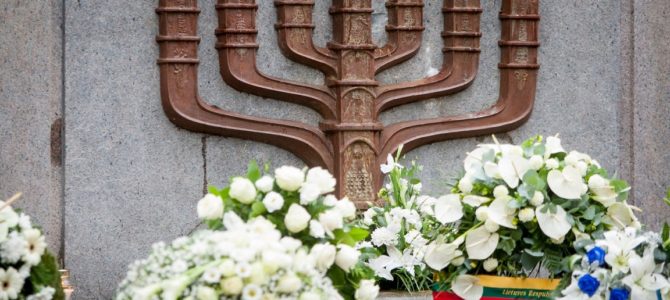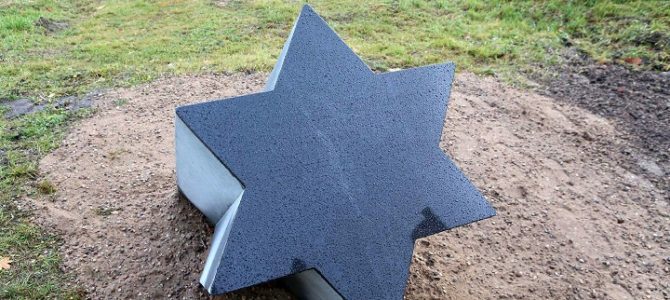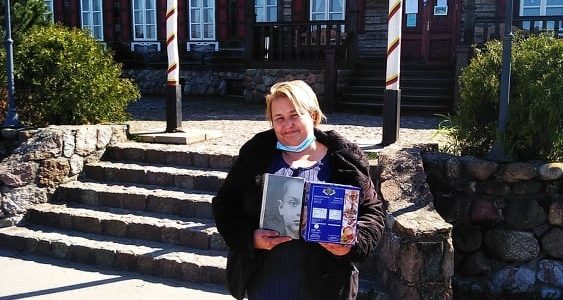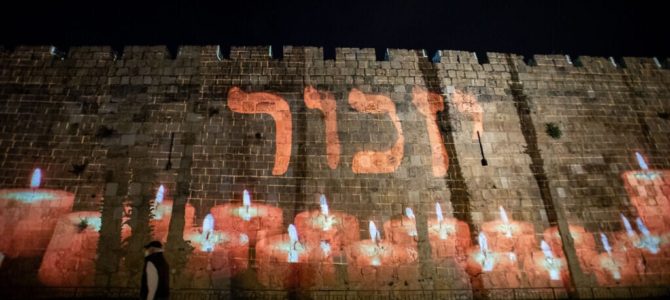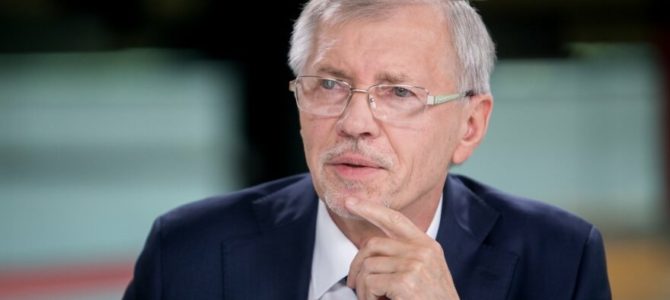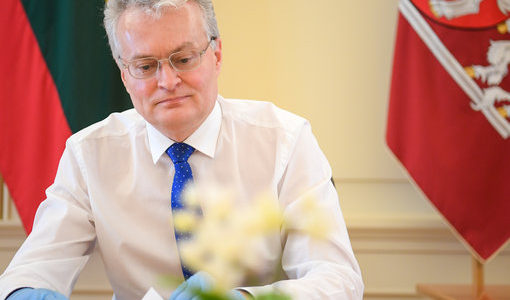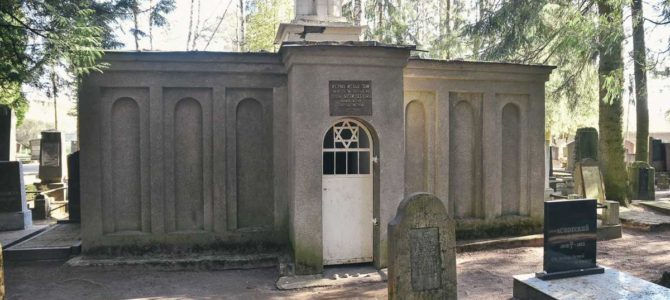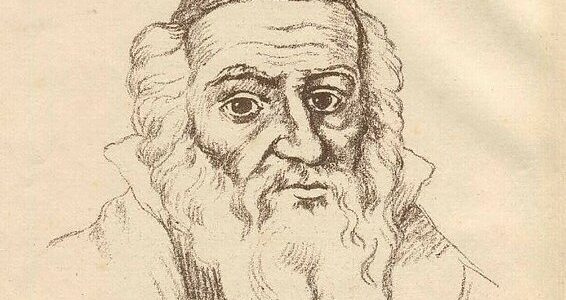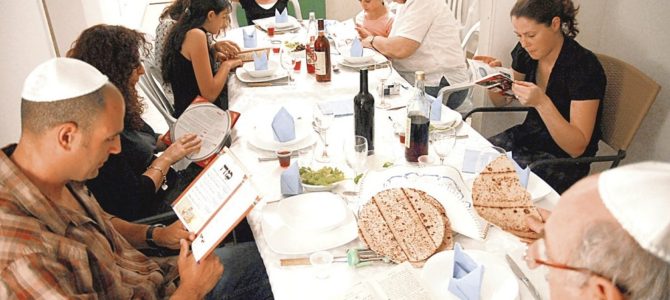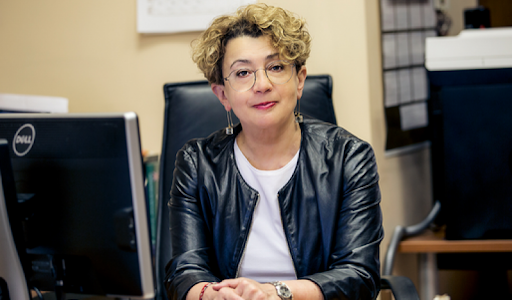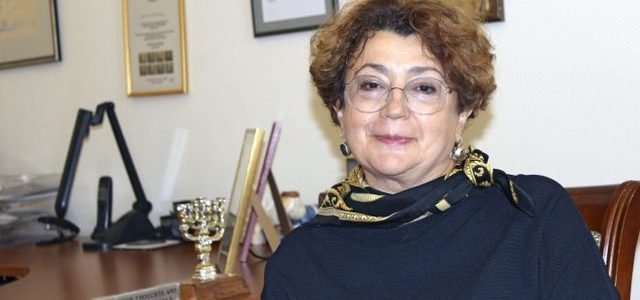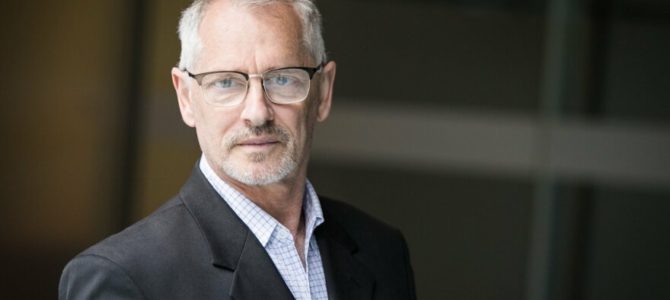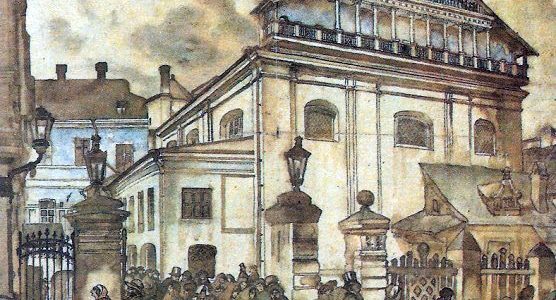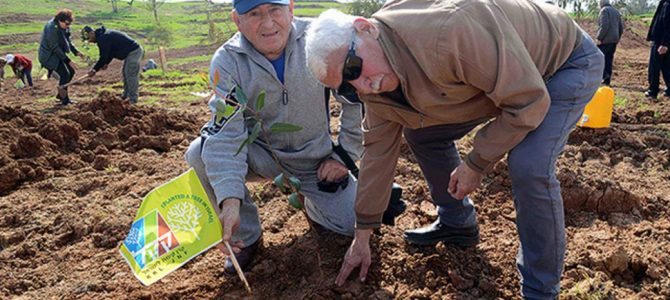by Rasa Murauskaitė, Lithuanian national public radio and television, LRT.lt
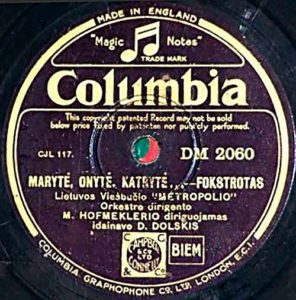 Lithuanian Public Radio and Television continues stories in the the Stones of Memory series intended to commemorate Litvaks in Lithuania and around the world. The third story concerns Daniel Dolskis (Danielius Dolskis, Dolski), one of the founders of the Lithuanian estrada popular music tradition.
Lithuanian Public Radio and Television continues stories in the the Stones of Memory series intended to commemorate Litvaks in Lithuania and around the world. The third story concerns Daniel Dolskis (Danielius Dolskis, Dolski), one of the founders of the Lithuanian estrada popular music tradition.
Although he only lived a few years in Kaunas, Lithuania, during the interwar period, Dolskis quickly became a legend of real Lithuanian estrada musical culture.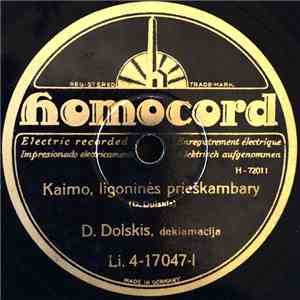
“Onytė, come dance with me,” Dolskis used to say when inviting Lithuanian girls to dance.
“The Man Who Entertained Kaunas” wrote one Lithuanian paper of Dolskis in the period between the two world wars. Actually the truth is somewhat different about the crooner born to a family of Vilner Jews by the name of Broides, a name connected with the musical nightlife at Kaunas’s famous interwar restaurants and clubs such as Metropol, Konrad’s Café and others.
Full story in Lithuanian here.


